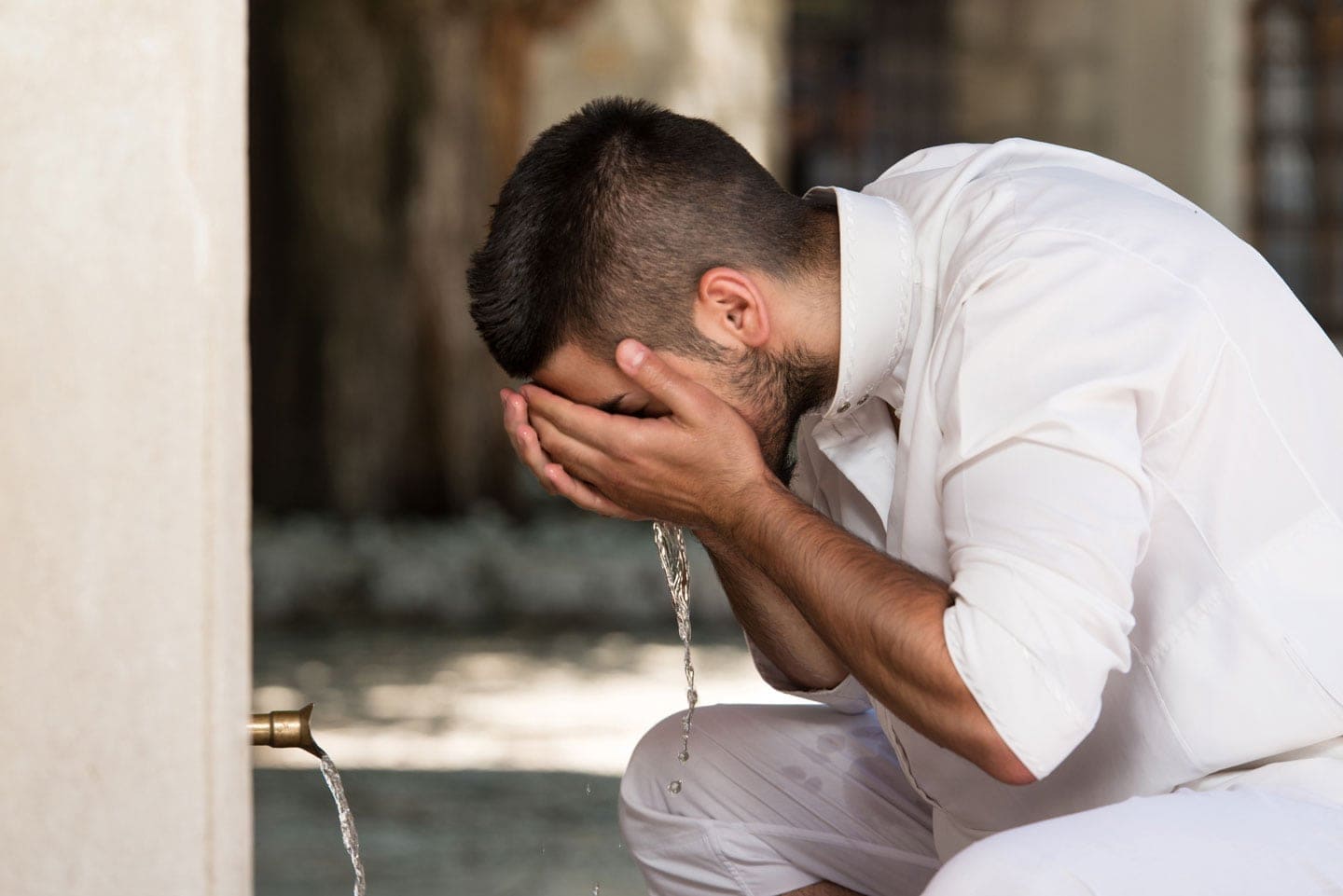Islamic Knowledge Podcasts
Podcast Play in new window | Download (24.1MB)
Download podcasts directly onto your device by visiting the SeekersHub Podcast or click on each individual link for direct download.
.
The Prophet – A Tremendous Blessing
In His Book, Allah Most High describes the Prophet (peace and blessings be upon him) as a person of tremendous character. In this khutba, Shaykh Faraz Rabbani explains what a tremendous blessing the Prophet is, and provides practical advice on how to establish a living connection with Allah’s Final Messenger.
.
(No Summary)
.
Prophetic Supplication for Guidance, Piety, Restraint, and Freedom from Need
(No Summary)
.
Seeking Allah – The Goal of Seeking Knowledge
Understanding Virtue through the Prophetic Teachings (Introduction) – This is the first of a series of podcasts in which Shaykh Faraz Rabbani will cover the text Fada’il al’A’mal by the great Imam Diya’ al-Maqdisi. In this lecture Shaykh Faraz sets the context for approaching this work of hadith.
.
Wudhu – Purifying Oneself Inwardly and Outwardly
Understanding Virtue through the Prophetic Teachings (Lesson One): This is a series of daily podcasts in which Shaykh Faraz Rabbani will cover the text Fada’il A’mal by the Great Imam Diya al-Maqdisi. In this lesson Shaykh Faraz examines the significance of wudu.
.
Wudhu and Rising in Rank with Allah
Understanding Virtue through the Prophetic Teachings (Lesson Two): It is related that the Prophet (peace and blessings be upon him) said: “Should I not point you to that which Allah wipes away errors through and by which He raises one numerous ranks.” In this lesson Shaykh Faraz Rabbani comments on the three actions one can do to raise in rank with Allah.
.
Opening the Gates of Paradise with Wudhu
Understanding Virtue through the Prophetic Teachings (Lesson Three): In this lesson Shaykh Faraz explain how a believer can have the gates of paradise opened by perfecting their wudu. Umar ibn al-Khattab (Allah be pleased with him) relates that the Messenger of Allah (peace and blessings be upon him) said, “Whoever performs the ritual ablution and does so well, and then says, ‘Ashhadu al-la ilaha illa’l Llah(a) wahdahu la sharika lahu wa anna Muhammadan `abduhu wa rasuluh(u). Allahumma’j`lni mina’t tawwabin wa’j`alni mina’l mutatahhirin (I bear witness that there is no god but Allah, One without partner, and that Muhammad is His servant and messenger. O Allah, make me of the truly repentant and make me of those who truly purify themselves),’ all eight of the doors of Paradise are opened for them–and they can enter from whichever they wish.” [Muslim (144), Tirmidhi (55), and Abu Dawud (169), though Muslim didn’t mention the second part of the supplication]
.
The Virtues of the Call to Prayer
Understanding Virtue through the Prophetic Teachings (Lesson Four): ” The Messenger of Allah (peace and blessings be upon him), said, “Everything that hears the call of the muezzin — whether jinn, human, or otherwise — will bear witness to it on the Day of Resurrection.” In this lesson Shaykh Faraz Rabbani reflects on the greatness of the call to prayer, and the sunnahs related to the call to prayer.
.
Virtues of Supplicating Between the Adhan and Iqama
Understanding Virtue Through the Prophetic Teachings (Lesson Five): It is related that the Prophet Muhammad (peace and blessings be upon him) said, “Supplication between the adhan and iqama is not rejected.” In the following lesson Shaykh Faraz Rabbani explains the merit of calling upon Allah during specific sacred times, and shed light on what a believer should be asking for from Allah.
.
Understanding Virtue through the Prophetic Teachings (Lesson Six): It is related that the Prophet Muhammad (peace and blessings be upon him) said, “Whoever builds a mosque seeking the pleasure of Allah, Allah builds for them its like in Paradise.” In this lesson Shaykh Faraz Rabbani explains the importance of building and maintaining mosques.
